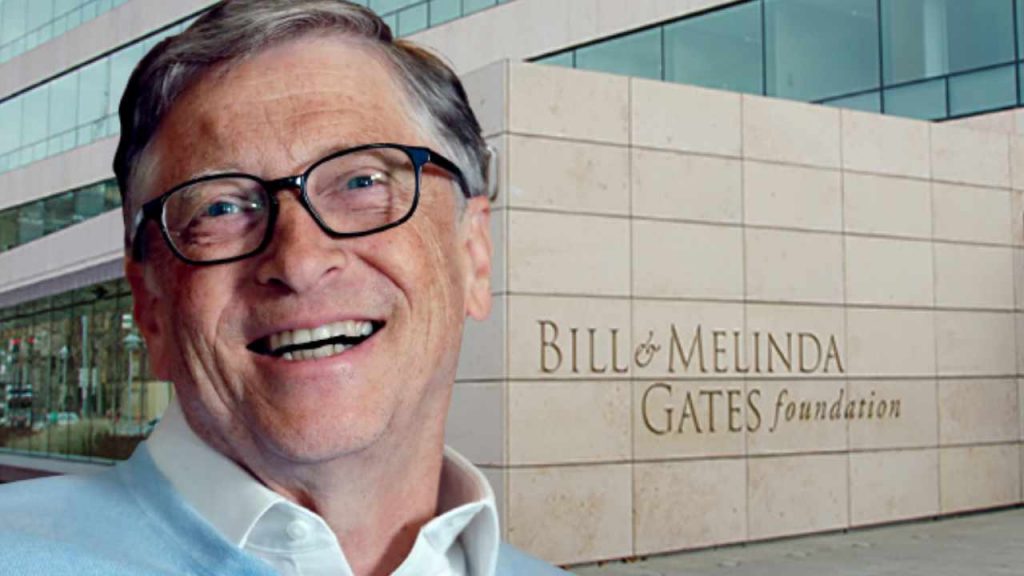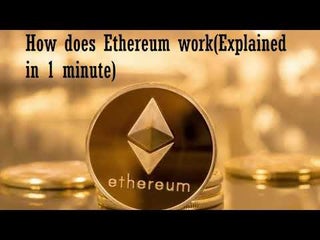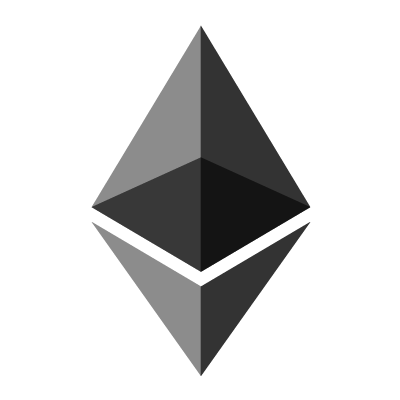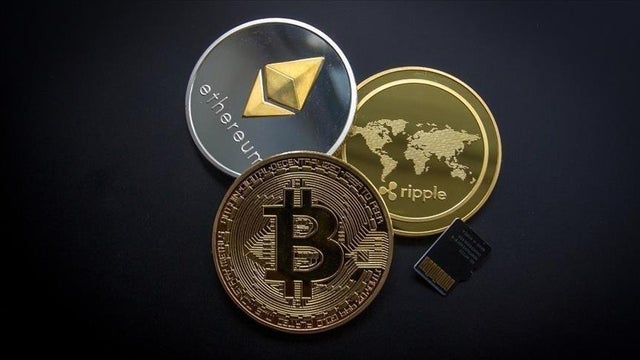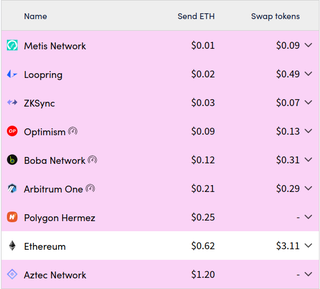Bill Gates: Crypto Has No Valuable Output — It’s Not Adding to Society Like Other Investments
Microsoft co-founder Bill Gates has explained why he does not own any bitcoin or other cryptocurrencies. “I like investing in things that have valuable output,” Gates said, adding that crypto is “not adding to society like other investments.” Bill Gates on Crypto, and Why He Isn’t Investing Microsoft co-founder Bill Gates shared his opinion about […]
